Here's the uncomfortable truth: queer love stories are simultaneously thriving and under attack. While LGBTQ+ literature sales have exploded by 200% since 2019, we're also witnessing the most systematic censorship campaign in modern American history. It's a paradox that's reshaping how we think about literary freedom, market demand, and who gets to read what.
The Censorship Reality Check
Let's start with the numbers that should make every book lover's stomach drop. Since 2021, nearly 23,000 book bans have been documented across American public schools. During the 2024-2025 school year alone, 6,870 instances of book bans affected nearly 4,000 unique titles. Florida leads this charge with 2,304 book ban instances, followed closely by Texas.
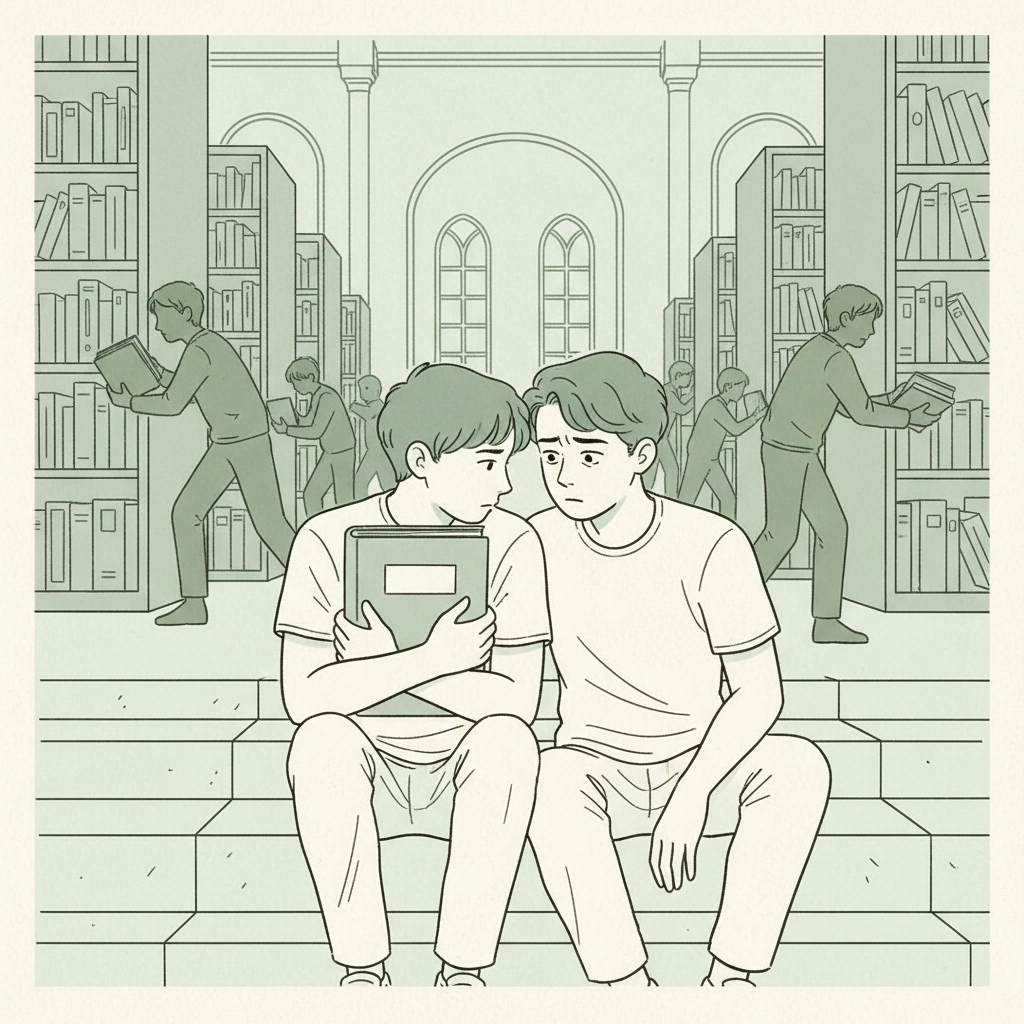
What's particularly telling is the targeting strategy. LGBTQ+ and BIPOC voices make up 47% of all censorship attempts, despite representing a much smaller percentage of published literature. This isn't random: it's a coordinated effort to remove stories that don't fit a narrow worldview.
The Trump administration's return has amplified this trend, adopting "parents' rights" rhetoric that originated in Florida and spreading it nationwide. What was once considered extreme has become routine policy in numerous states, normalizing censorship as an acceptable educational practice.
The Sales Surge That Nobody Expected
Here's where things get interesting: and a bit ironic. LGBTQ+ fiction sales reached 4.4 million units in the 12-month period ending October 2023, representing a 7% year-over-year increase and that staggering 200% growth since 2019. Meanwhile, the broader fiction market declined by 3% over the same period.
Several factors drive this boom:
- Social Media Amplification: Queer BookTokers are creating massive buzz around LGBTQ+ titles, turning them into must-read phenomena
- Better Categorization: The addition of LGBTQ BISAC codes across various fiction subgenres makes these books easier to find
- Mainstream Integration: Bookstores now integrate queer titles throughout their sections rather than isolating them in dedicated corners
For MM romance specifically, the growth has been even more dramatic. Male/male love stories are finding unprecedented audiences, with readers hungry for authentic representation of masculine vulnerability and emotional intimacy between men.
The Dangerous Divide
But here's the problem with celebrating these sales figures as a victory: they don't tell the whole story. Rising sales numbers don't mean LGBTQ+ books are reaching those who need them most: particularly young people in communities where these books are being systematically removed from school libraries.
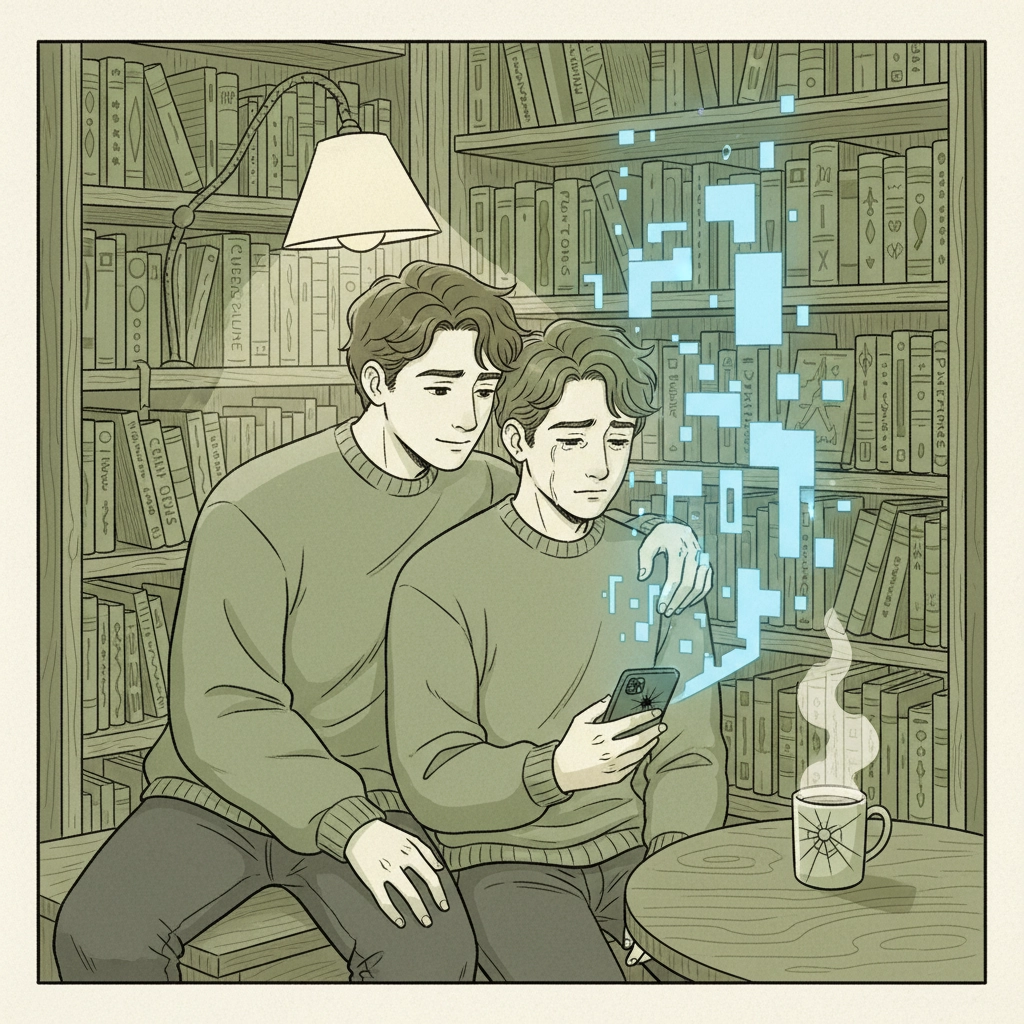
This creates what I call the "access inequality crisis." Affluent readers with purchasing power can buy whatever they want, while students in banned book zones face intentional erasure. For a questioning teenager in rural Texas or Florida, library access isn't just convenient: it's often their only pathway to seeing themselves reflected in literature.
The irony is stark: the very censorship meant to suppress these stories is driving mainstream curiosity and sales. People want what they're told they can't have. But market success can't substitute for institutional access, especially for young people who need these stories most.
What Authors Are Really Facing
As someone who writes in the LGBTQ+ space, I'm seeing this divide play out in real time. Authors are experiencing unprecedented commercial success alongside growing anxiety about who can actually access their work.
Many MM romance and literary fiction writers are grappling with uncomfortable questions:
- Should they tone down content to avoid bans?
- How do they balance authentic storytelling with marketplace accessibility?
- What's their responsibility to readers in censored communities?
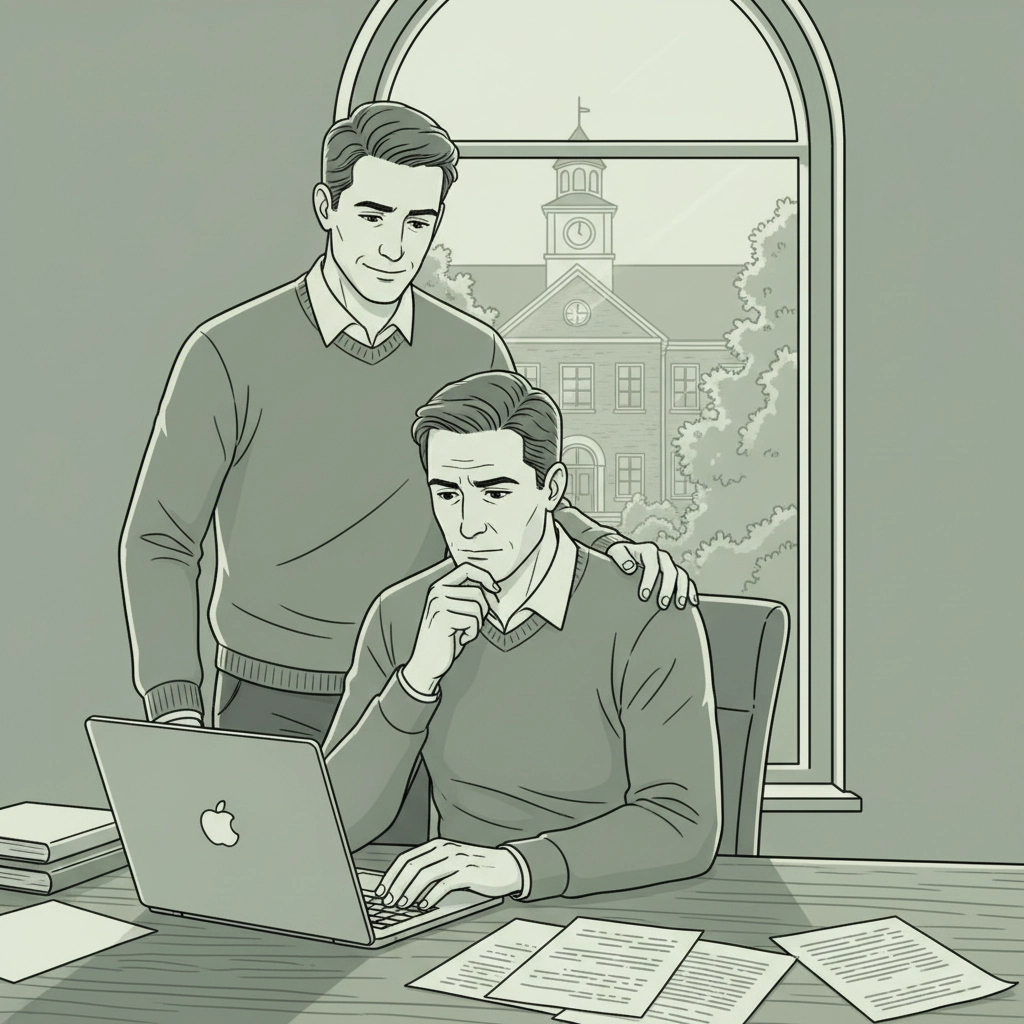
The answer, for most of us, is to write more authentically, not less. Censorship thrives on shame and silence. The best response is honest, beautifully crafted stories that show the full spectrum of queer experience: particularly male relationships that challenge traditional masculine stereotypes.
The Streisand Effect in Publishing
There's a fascinating phenomenon happening: banned books are becoming bestsellers. When conservative groups target LGBTQ+ titles for removal, they inadvertently create massive publicity campaigns. News coverage, social media outrage, and word-of-mouth recommendations drive sales through the roof.
Libraries and bookstores report that whenever a local book challenge makes headlines, demand for the targeted titles skyrockets. Parents who might never have considered buying LGBTQ+ books for their teens suddenly want to understand what the fuss is about.
This "Streisand Effect" means censorship often backfires spectacularly. Every book ban becomes a marketing campaign. Every challenge becomes a conversation starter. Every attempt at erasure becomes an act of preservation.
Looking Forward: What 2025 Really Means
We're at a crossroads. The commercialization of LGBTQ+ literature has never been stronger, but institutional access has never been more fragile. The question isn't whether queer love stories are "safe" in the marketplace: they're thriving. The question is whether they're safe in our schools, libraries, and communities where young people desperately need them.
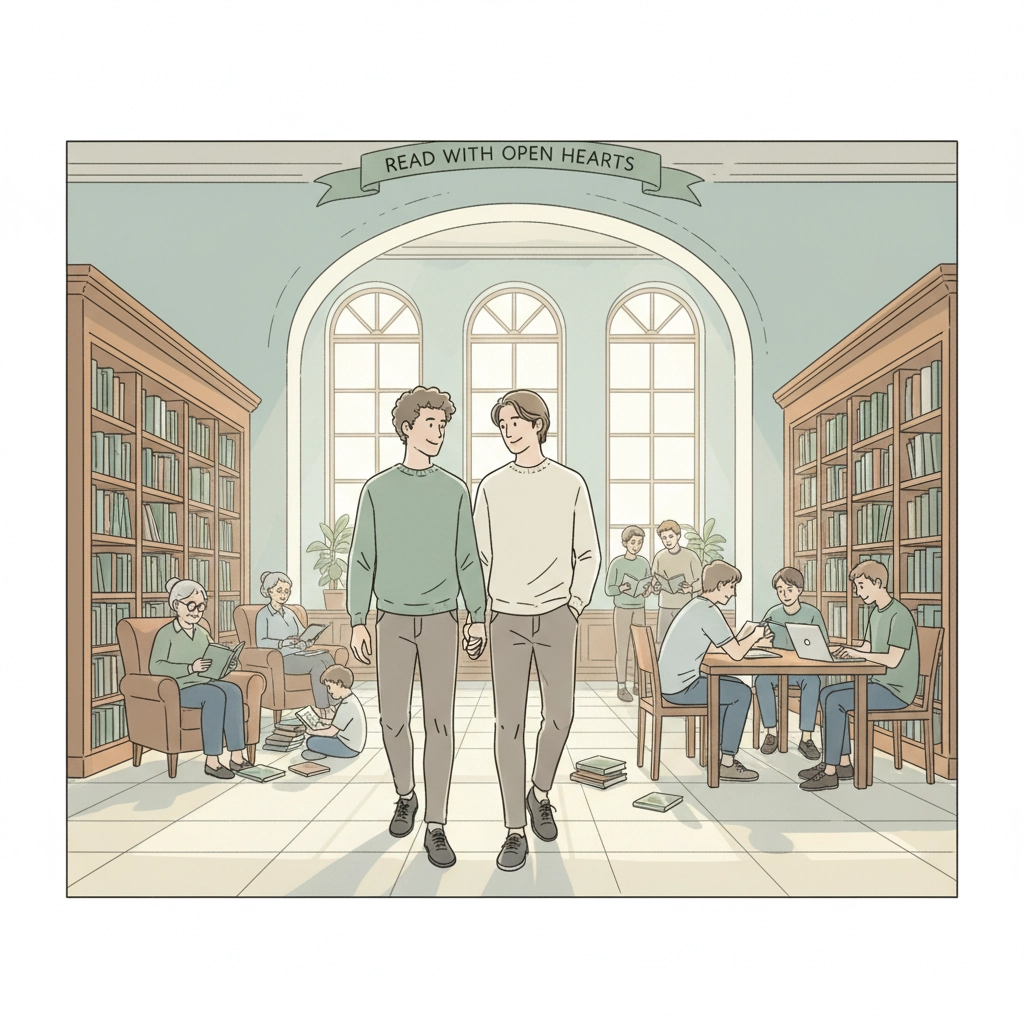
The path forward requires both celebration and vigilance. We should absolutely celebrate the commercial success that validates LGBTQ+ stories and supports authors. But we can't let market victories distract from the ongoing battle for educational access and literary freedom.
For writers in the MM romance and broader LGBTQ+ space, this moment demands courage. Write authentically. Write boldly. Write the stories that show masculine vulnerability, emotional intimacy between men, and the full complexity of queer experience. The market wants these stories. Readers need these stories. And censorship can't ultimately silence what people genuinely want to read.
Join the Conversation
What's your experience with LGBTQ+ literature access in your community? Have you noticed changes in bookstore selections, library policies, or school reading lists? Are you finding it easier or harder to discover new queer voices?
Share your thoughts in the comments below, or reach out through our contact page. Your voice matters in this conversation about literary freedom and representation.
If you're looking to explore more LGBTQ+ stories, check out our romance collection and LGBTQ+ titles. Use discount code 15News for 15% off your next purchase.
Visit our homepage at https://dickfergusonwriter.com or find our books on Amazon at https://www.amazon.co.uk/stores/author/B0DRZ1L5MW
Follow us on social media:
- Instagram: https://www.instagram.com/dickfergusonwriter
- Twitter/X: https://www.x.com/DickFergus94902
- Facebook: https://www.facebook.com/profile.php?id=61572869844598
#LGBTQbooks #BookCensorship #MMRomance #QueerLiterature #BookBans #LiteraryFreedom #QueerReads #BookLovers #AuthorLife #ReadingCommunity
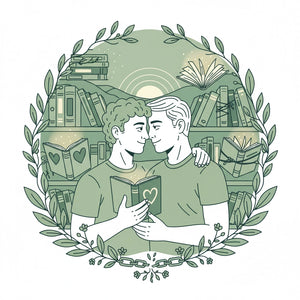

0 comments